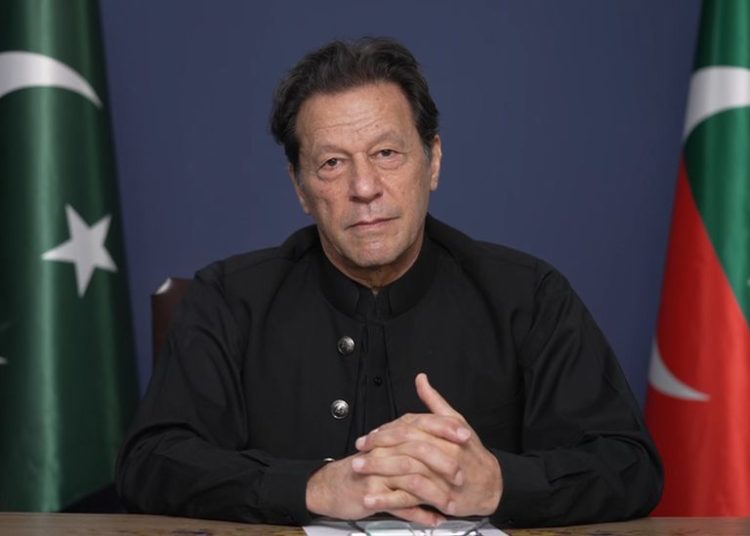News Report: In a landmark decision aimed at curbing overbilling and digitizing utility services, Prime Minister Shehbaz Sharif has approved the phased removal of meter readers from power Distribution Companies (Discos) across the country—excluding Karachi Electric’s (KE) jurisdiction. The move coincides with the launch of a new consumer-driven initiative, the “Apna Meter Apni Reading” mobile application, which will soon be introduced to enable users to submit their own electricity readings.
Well-placed sources told Business Recorder that the decision was taken in a high-level meeting chaired by the Prime Minister on June 17, 2025, where overbilling, consumer complaints, and the need for an automated solution were discussed in detail.
At present, meter readers are responsible for taking photographs of consumer electricity meters, which are submitted to Discos and processed by the Power Information Technology Company (PITC) to generate electricity bills. However, this method has been plagued by complaints of inflated bills and fraudulent practices. The government’s new initiative seeks to end these issues by empowering consumers to directly submit their readings through a secure, user-friendly digital platform.
To make the app accessible for all segments of the population, the Power Division has been instructed to develop the application interface and user guidelines in both national and regional languages—Punjabi, Sindhi, Pashto, and Balochi. A soft launch of the app has also been directed to identify and resolve technical challenges ahead of a full-scale national rollout, which will be formally inaugurated by the Prime Minister.
Sources added that the Power Division has been given one month to draft a concrete transition plan for gradually phasing out the role of meter readers. The Prime Minister has also emphasized that the administrative cost savings from this transition should be passed directly to consumers in the form of reduced electricity billing charges.
To create widespread awareness and ensure successful adoption of the initiative, the Power Division, in coordination with the Ministry of Information and Broadcasting, is developing a comprehensive national media campaign. The campaign will aim to inform citizens about the objectives and benefits of self-meter reading. A budget of Rs. 316 million has been allocated for the campaign, which will be carried out through various mediums including television, radio, social media, and field activation.
A detailed Terms of Reference (ToR) has been formulated, outlining the responsibilities of stakeholders such as PITC and MEPCO, with focus areas including media planning, vendor selection, application testing, public engagement, and reporting. A dedicated responsibility matrix has also been created to define the role of each entity involved.
To further strengthen the campaign, Discos have reached out to the CEO of PITC for guidance on their role in contributing to the campaign and clarity on funding logistics—specifically whether the cost of promotional materials such as banners, standees, and billboards should be borne individually or centrally supported by PITC.
In addition, Discos have requested PITC to secure complimentary airtime for public service announcements through electronic media outlets and to provide all necessary documentation and templates to support public communication efforts.
Technical validation and rigorous testing of all supporting digital platforms—including Power Smart App, Apna Meter Apni Reading, CCMS+, and Lineman Mobile Solution—has been marked as a top priority before the full-scale launch. This is crucial for preventing system errors, ensuring smooth user experiences, and building consumer trust in the new self-service model.
Sources further confirmed that PITC is tasked with ensuring high system performance and transparent communication throughout the campaign rollout. All activities will be executed in accordance with official codal procedures to ensure compliance, transparency, and public accountability.
The government believes this digital transformation will modernize utility billing, eliminate opportunities for corruption, and restore consumer confidence—making power distribution smarter, more efficient, and citizen-centric.
















